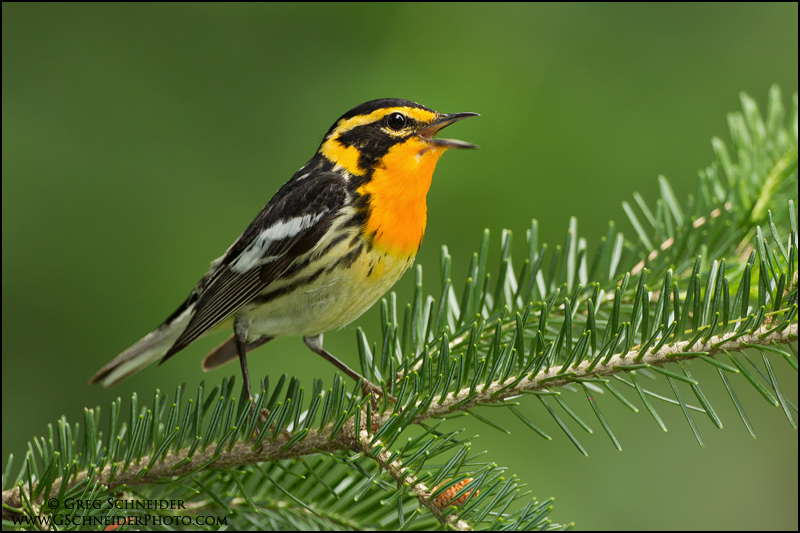Although I still had to scrape ice off my car windows yesterday, it’s finally warming up in southern Maryland, which gives me the confidence to post a spring poem. Here’s one where my bird-watching French professor father muses April’s noisy male birds.
He is struck that, while they conduct their courtships with claims of how beautiful they themselves as they advise the females to gather their rosebuds while they may, ultimately they prove faithless come autumn. They may promise in their sales pitches that they will be conventional husbands, but hey then do an about-face, grow silent as the great swans that never sing, and abandon “bride Frau, Kinder, Kuchen.”
Nevertheless the female birds fall for these “itinerant braggarts” and “jongleurs” (wandering entertainers). Or rather, they hear a different drum: the promise of stability. Unfortunately, this means that they settle for “nestfuls of the barest kind.”
What’s the point of the poem? Maybe that women should ignore those men who beat their chests and say, “Look at me!” Choose instead quiet swans. You know what you are getting and they mate for life.
For the record, my father and mother were married for 65 years.
Bird Notes on a Beautiful but Noisy April Morning
By Scott Bates
Swans mate for life and never sing;
While many an errant bird
Releases, every public spring
The usual male word
Common to every Romeo’s
And salesman’s repertory
Que je suis beau! “Cueillons des roses!”
And, “This is my territory!”
Blowing his bugle. And echoing through
Pavilioned towers of trees
To Ladies listening—listening to
A different drum (forsooth!) in these
Itinerant braggarts bruiting blind
A beauty bare about
For nestfuls of the barest kind;
These jongleurs—who, in rout,
Convention-bound, abandon bride
Frau, Kinder, Kuchen, and all
To join great swans in their white pride
In the silence of the fall.


